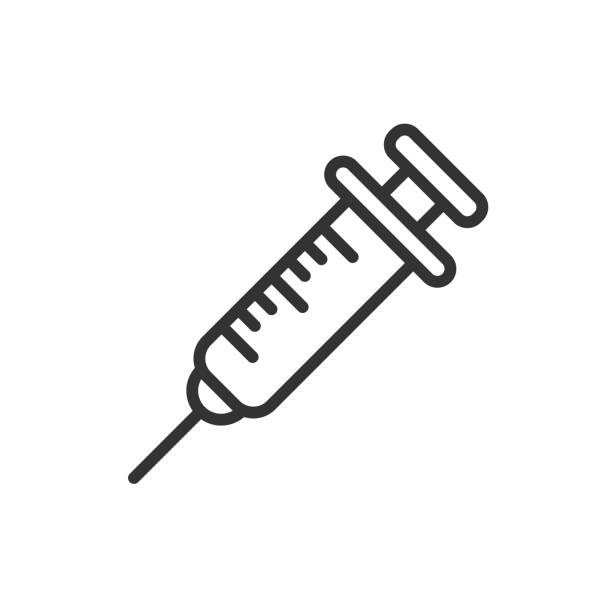Indications
To reduce the development of drug-resistant bacteria and maintain the effectiveness of Doripenem and other antibacterial drugs, Doripenem should be used only to treat infections that are proven or strongly suspected to be caused by susceptible bacteria. When culture and susceptibility information are available, they should be considered in selecting and modifying antibacterial therapy. In the absence of such data, local epidemiology and susceptibility patterns may contribute to the empiric selection of therapy.
Complicated Intra-Abdominal Infections: Doripenem injection is indicated as a single agent for the treatment of complicated intra-abdominal infections caused by Escherichia coli, Klebsiella pneumoniae, Pseudomonas aeruginosa, Bacteroides caccae, Bacteroides fragilis, Bacteroides thetaiotaomicron, Bacteroides uniformis, Bacteroides vulgatus, Streptococcus intermedius, Streptococcus constellatus and Peptostreptococcus micros.
Complicated Urinary Tract Infections, Including Pyelonephritis: Doripenem injection is indicated as a single agent for the treatment of complicated urinary tract infections, including pyelonephritis caused by Escherichia coli including cases with concurrent bacteremia, Klebsiella pneumoniae, Proteus mirabilis, Pseudomonas aeruginosa and Acinetobacter baumannii.
Pharmacology
Doripenem is a synthetic broad-spectrum carbapenem β-lactam antibiotic with potent in vitro antibacterial activity against aerobic and anaerobic gm+ve and gm-ve bacteria including Pseudomonas aeruginosa. It inhibits bacterial cell wall synthesis by binding to several penicillin-binding proteins, which in turn inhibits the final transpeptidase step of peptidoglycan synthesis in bacterial cell walls.
Dosage And Administration
Intravenous-
- Complicated intra-abdominal infections: 500 mg 8 hrly infused over 1 hr for 5-14 days. May switch to an appropriate oral therapy, after at least 3 days of parenteral therapy.
- Complicated UTI, Pyelonephritis: 500 mg 8 hrly infused over 1 hr for 10 days. May switch to an appropriate oral therapy, after at least 3 days of parenteral therapy.
- Patient with concurrent bacteraemia: Duration can be extended up to 14 days.
Renal impairment-
- CrCI (30-50 ml/min): 250 mg every 8 hr by IV infusion over 1 hr
- CrCI (11 -29 ml/min): 250 mg every 12 hr by IV infusion over 1 hr
Interaction
Increased plasma concentration with probenecid. May decrease plasma levels of valproic acid thus, increasing the risk of seizures.
Side Effects
Headache, nausea, diarrhoea, rash, pruritus, phlebitis, elevated hepatic enzymes, oral candidiasis, anaemia, vulvomycotic infection, thrombocytopenia, neutropenia.
Pregnancy And Lactation
Pregnancy Category B. Either animal-reproduction studies have not demonstrated a fetal risk but there are no controlled studies in pregnant women or animal-reproduction studies have shown an adverse effect (other than a decrease in fertility) that was not confirmed in controlled studies in women in the 1st trimester (and there is no evidence of a risk in later trimesters)
Precautions And Warnings
Patient with known or suspected CNS disorders (e.g. brain lesions, history of seizures). Not intended for treatment of any type of pneumonia. Renal impairment. Pregnancy and lactation. Monitoring Parameters Monitor renal function and for signs of anaphylaxis during 1st dose. Consider haematologic assessment during prolonged therapy.
Therapeutic Class
Other beta-lactam Antibiotics
Storage Conditions
Reconstituted suspension may be held for 1 hr prior to dilution in infusion bag. Following dilution of the suspension with NaCl 0.9%, stability is 8 hr at room temperature or 24 hr between 2-8°C. Stability of solution when diluted with dextrose 5% injection is 4 hr at room temperature or 24 hr between 2-8°C.
